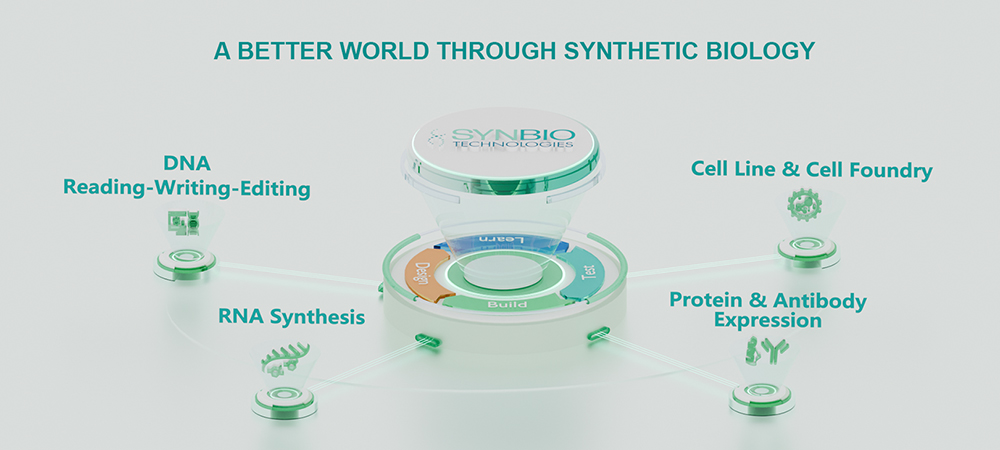
“Innovation distinguishes between a leader and a follower.” This quote by Steve Jobs resonates deeply as we delve into the realm of synthetic biology (synbio) technologies, which are revolutionizing various sectors, including transportation. The integration of synbio technologies is not just about scientific advancement; it’s also about enhancing efficiency and sustainability in supply chains.
Understanding Synbio Technologies and Their Transportation Attributes
Synthetic biology encompasses a range of techniques that enable us to design and construct new biological parts, devices, and systems. One significant aspect of Synbio technologies is their ability to optimize transportation attributes within supply chain management. By leveraging engineered organisms or biomolecules, companies can enhance the stability and shelf life of products during transit. Furthermore, these innovations facilitate more efficient logistics operations by reducing waste through improved tracking systems that monitor product conditions throughout the shipping process.
The Role of Custom Gene Synthesis in Supply Chain Management

Custom gene synthesis plays an integral role in advancing supply chain management through its capacity for precision engineering. By allowing businesses to create tailored genetic sequences that produce specific proteins or enzymes, custom gene synthesis enables enhanced bioproduction processes. This means that companies can develop bio-based materials with desired properties for transport—such as increased durability or reduced weight—ultimately leading to lower shipping costs and minimized environmental impact. Moreover, this technology allows for rapid prototyping and scaling up production capabilities without compromising quality.
Distinct Features of Synbio in Supply Chain Management
The application of synthetic biology within supply chain management introduces several distinctive features aimed at optimizing operational efficiency. Firstly, synbio solutions contribute significantly to resource conservation by utilizing renewable biological resources instead of traditional petrochemicals for manufacturing goods transported across global markets. Secondly, they enhance traceability throughout the supply chain via biosensors capable of monitoring environmental conditions during transport—ensuring product integrity from origin to destination. Lastly, these innovative approaches foster collaboration among stakeholders who seek sustainable practices while meeting consumer demands effectively.
Conclusion
In summary, synbio technologies represent a pivotal shift in how we approach transportation attributes within supply chain management frameworks. From custom gene synthesis enabling bespoke solutions tailored for logistical challenges to broader applications promoting sustainability and efficiency across industries—the potential benefits are immense. As we continue exploring these advancements further into our business strategies, embracing synthetic biology will undoubtedly position us at the forefront of innovation while addressing pressing global challenges.

